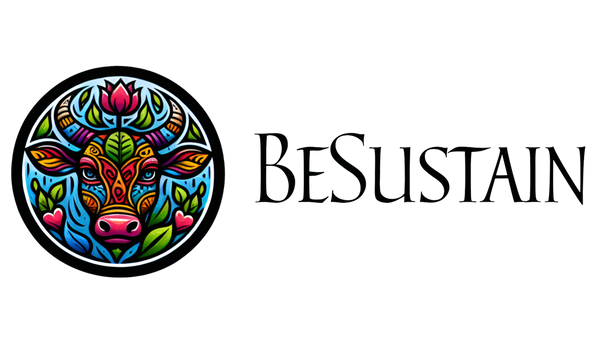Our Supply Chain
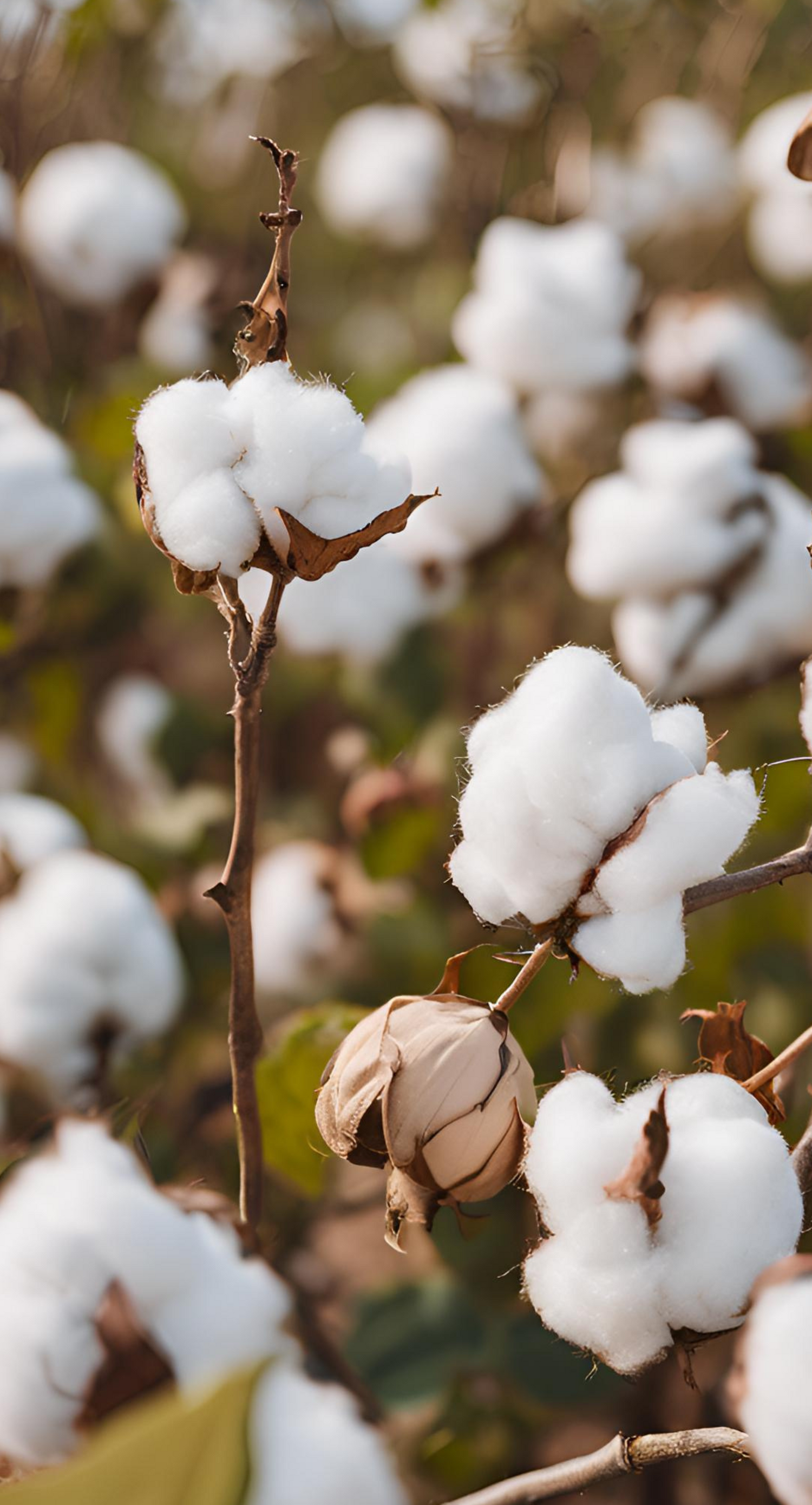
1
Sustainable Materials
93% Organic Cotton
Stanley/Stella uses exclusively GOTS-certified organic cotton for 93% of their products. This cotton is grown from non-GMO seeds and without chemical pesticides or fertilizers.
7% Recycled Polyester
Since 2018, 7% of Stanley/Stella's products have been made from recycled polyester, sourced from PET bottles. Depending on the style, between 38 and 80 plastic bottles (550 ml each) are recycled to create one of their jackets.
<1% Recycled Cotton
Less than 1% of their products, including accessories and the recycling line, incorporate recycled cotton. These items blend recycled organic cotton from cutting waste with undyed fresh organic cotton or recycled polyester, paving the way for circular economy production.
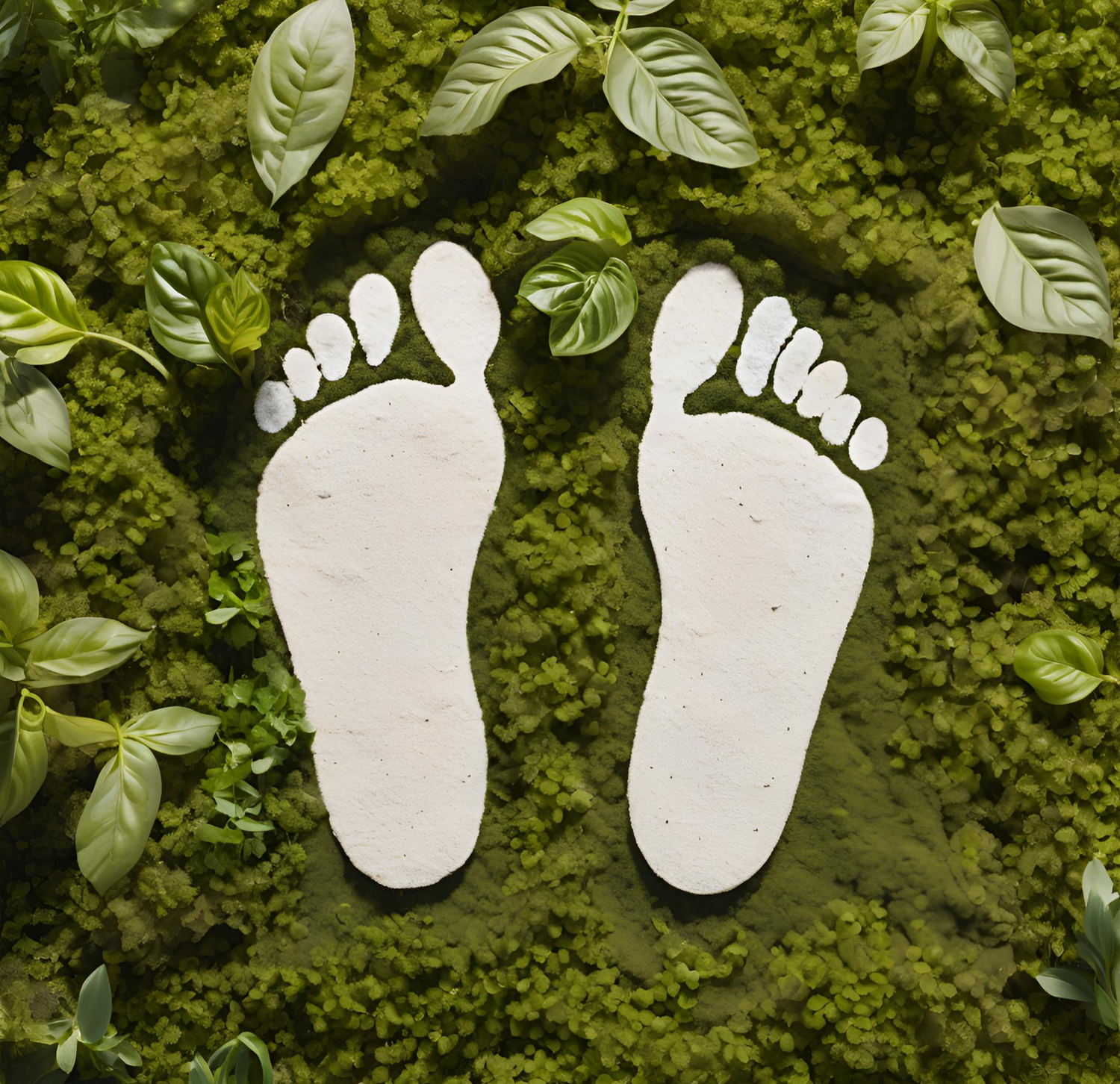
2
CO2 Footprint
The year 2024 marks the launch of the company's very first decarbonization plan, a comprehensive project that commits the entire Stanley/Stella ecosystem to a shared goal: reducing our relative CO2 emissions by 30% by 2030.

3
OCS Blended (Organic Content Standard)
OCS Blended certifies products containing a blend of organic and non-organic materials. It ensures the organic content is accurately identified and tracked from source to final product, promoting transparency and integrity in organic claims.

4
Oeko-Tex Standard 100
Oeko-Tex Standard 100 is a globally recognized certification that ensures textiles are free from harmful substances. Products bearing this label have been tested for chemicals and substances that could pose health risks, guaranteeing they are safe for human use.
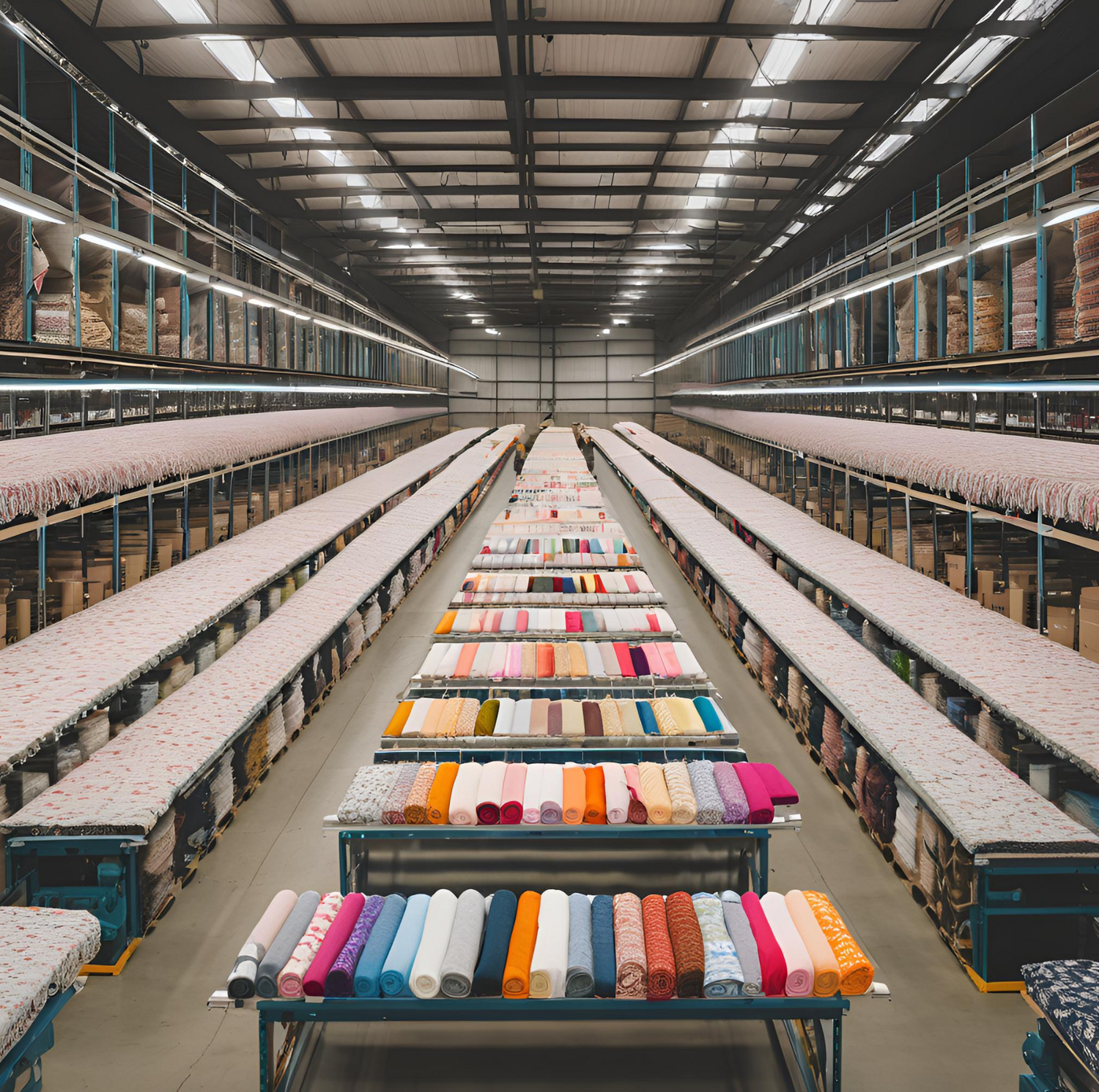
5
GOTS (Global Organic Textile Standard)
GOTS is the leading worldwide standard for organic fibers, covering the entire textile supply chain. It ensures the organic status of textiles, from harvesting of raw materials to environmentally and socially responsible manufacturing, providing credible assurance to consumers.
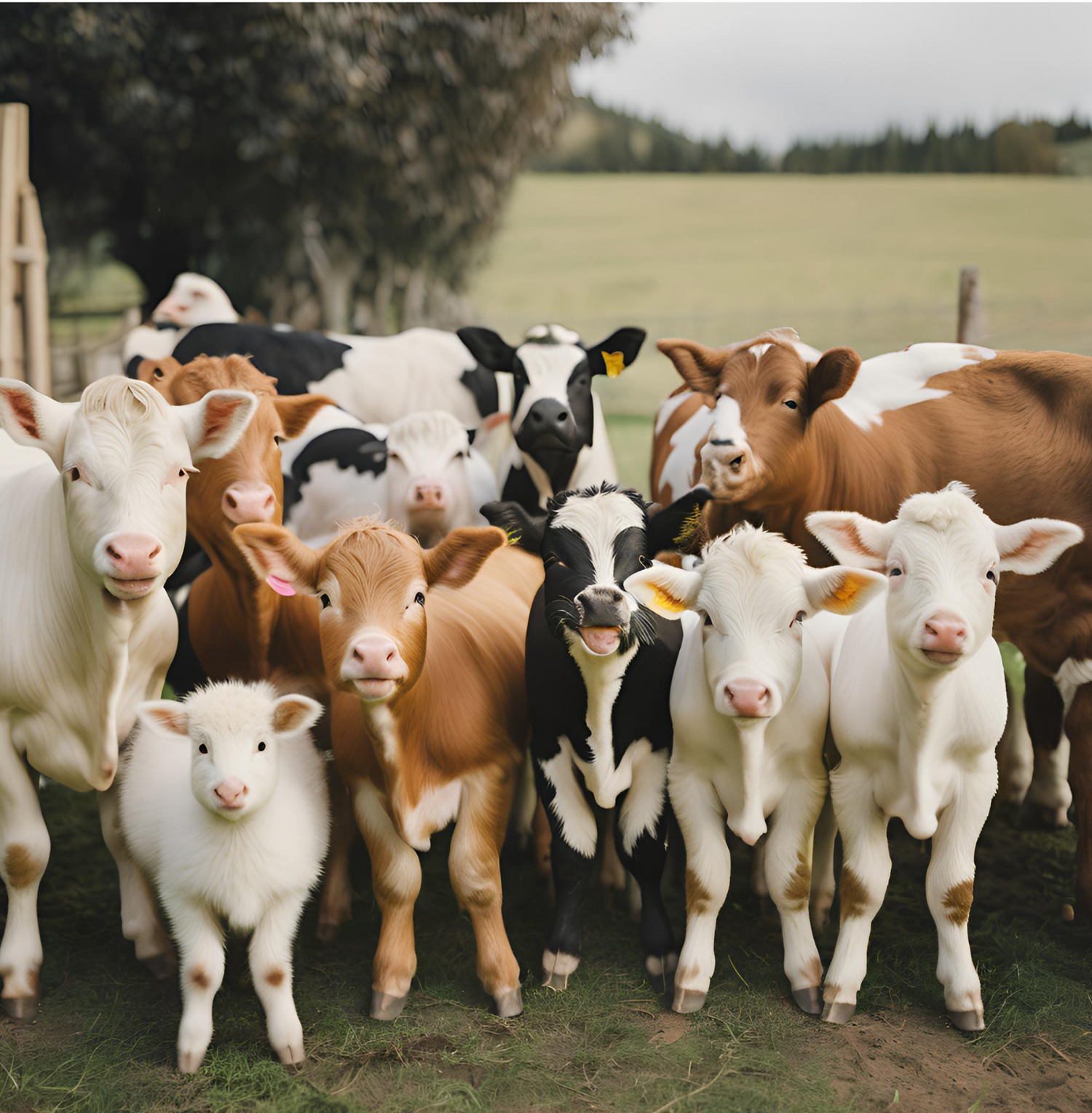
6
PETA Certified
PETA Certified products are verified as vegan and cruelty-free. This certification from People for the Ethical Treatment of Animals ensures that no animal-derived materials are used and no animals are harmed in the production process, supporting ethical and humane treatment of animals.
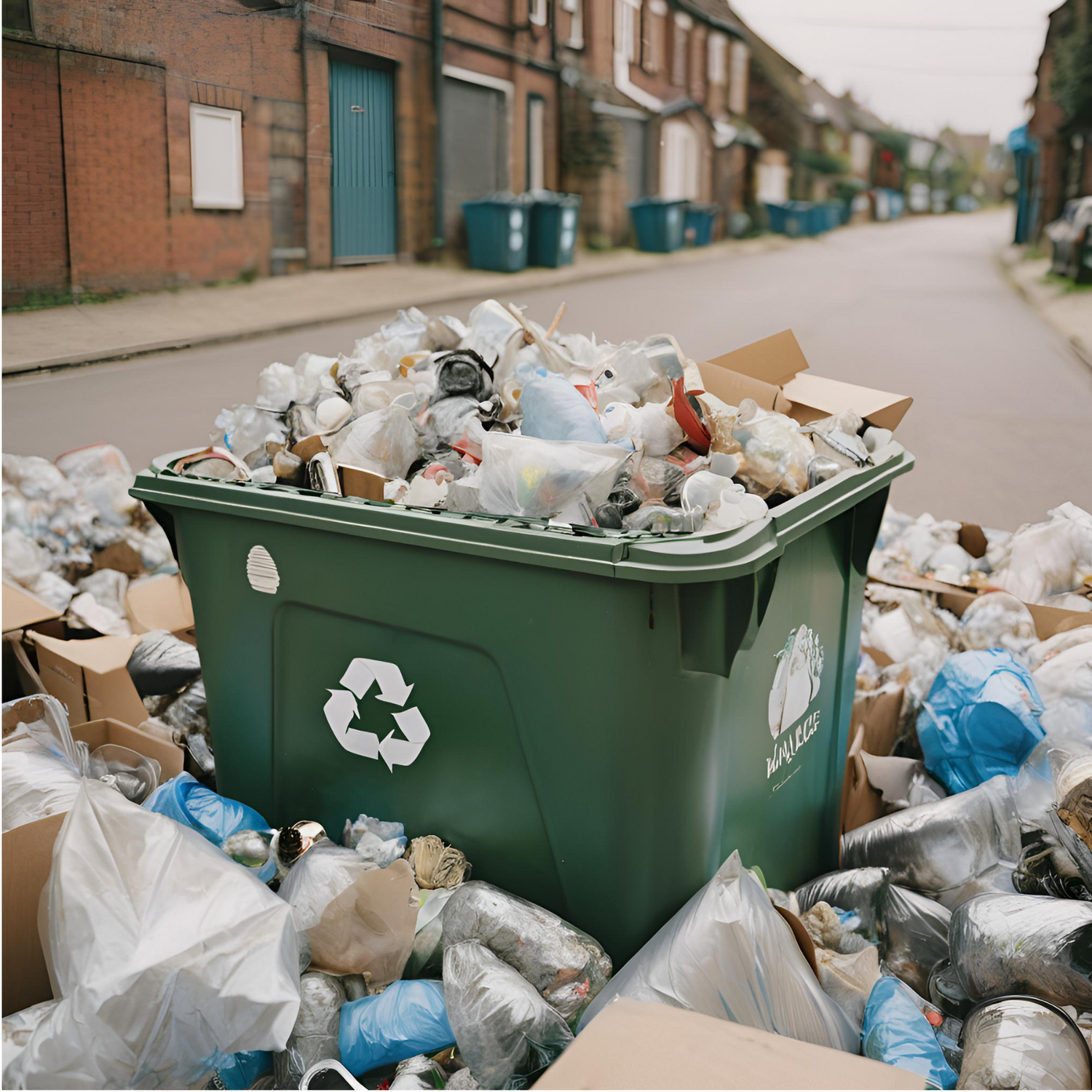
7
GRS (Global Recycled Standard)
GRS certifies products made from recycled materials, verifying the recycled content and tracking it from the source to the final product. It also ensures responsible social, environmental, and chemical practices in production, promoting a circular economy and reducing the environmental impact of production.
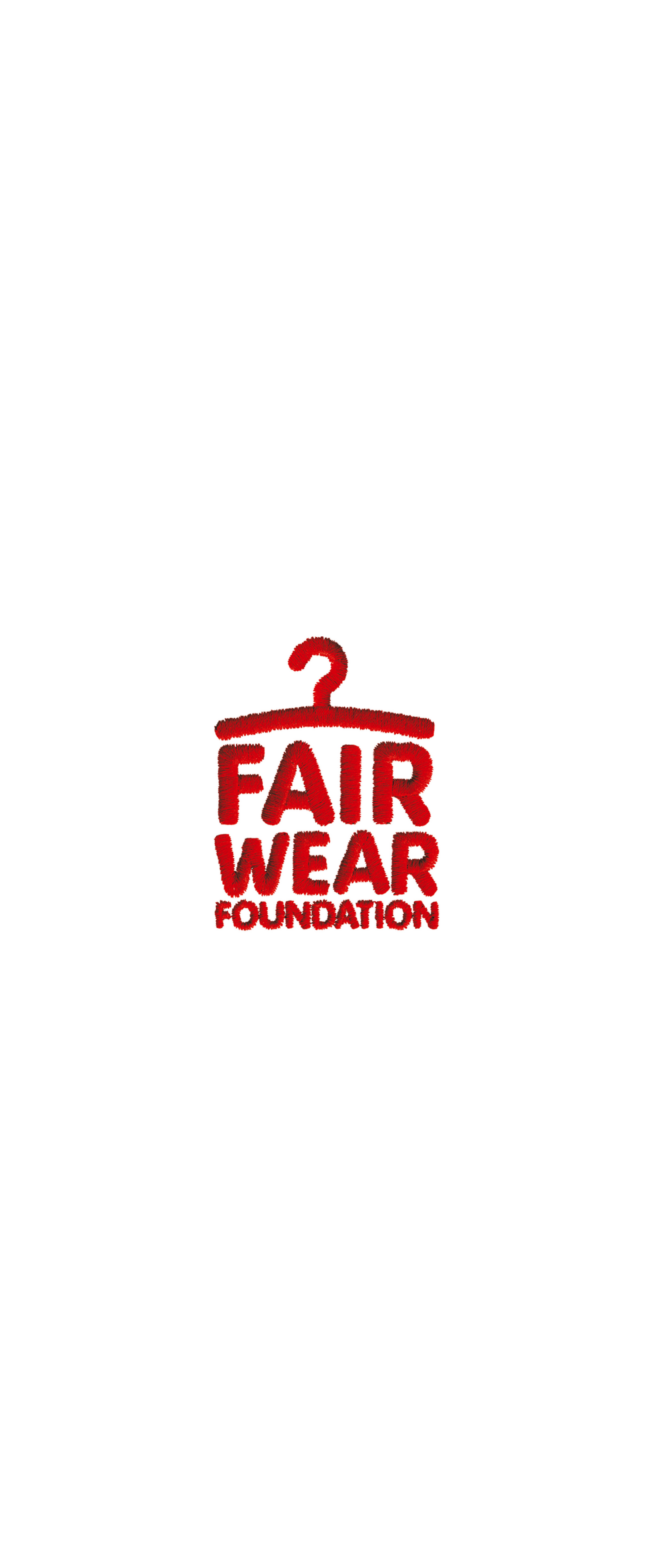
8
Fair Wear Foundation Leader Status
The Fair Wear Foundation (FWF) Leader Status is the highest level of recognition awarded by the Fair Wear Foundation, an independent non-profit organization dedicated to improving labor conditions in the garment industry. Companies that achieve this status have demonstrated exceptional commitment to social responsibility and ethical practices throughout their supply chain.
In Conclusion
Globally, few industries are as unsustainable as the textile and clothing industry. Stanley/Stella has taken on the responsibility to act differently from day one. They are dedicated to creating positive change by prioritizing sustainable practices, ethical production, and eco-friendly materials. Through their commitment, Stanley/Stella sets a new standard for the industry, proving that fashion can be both stylish and sustainable.
